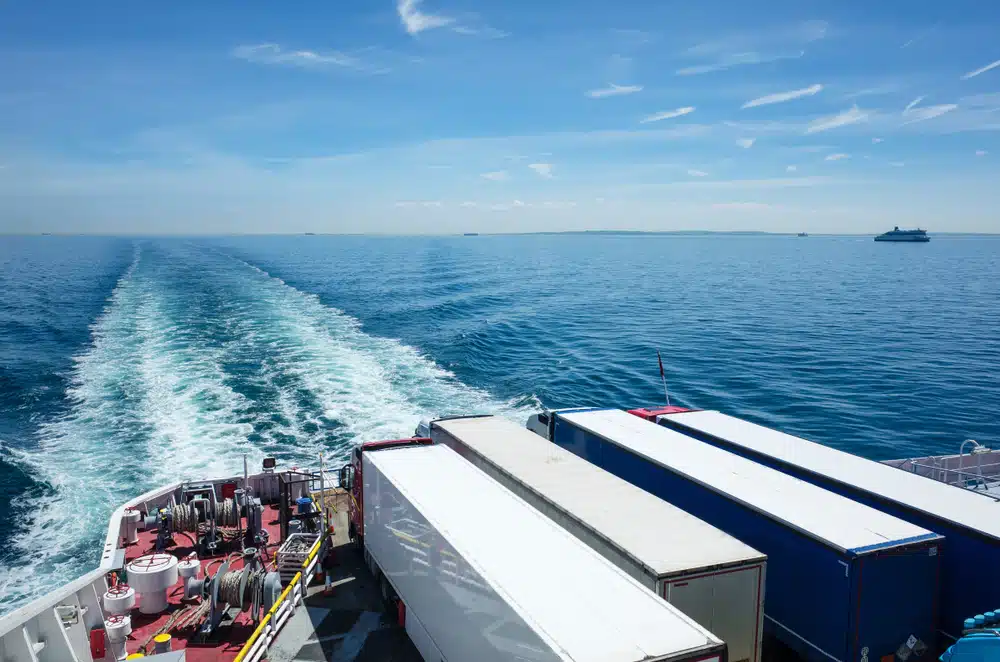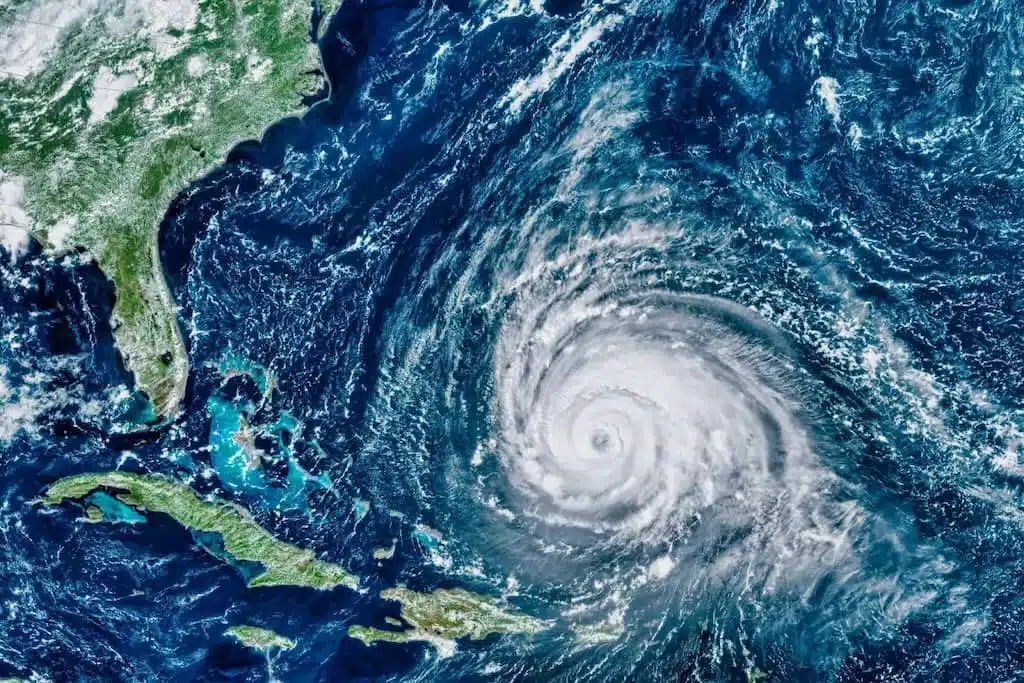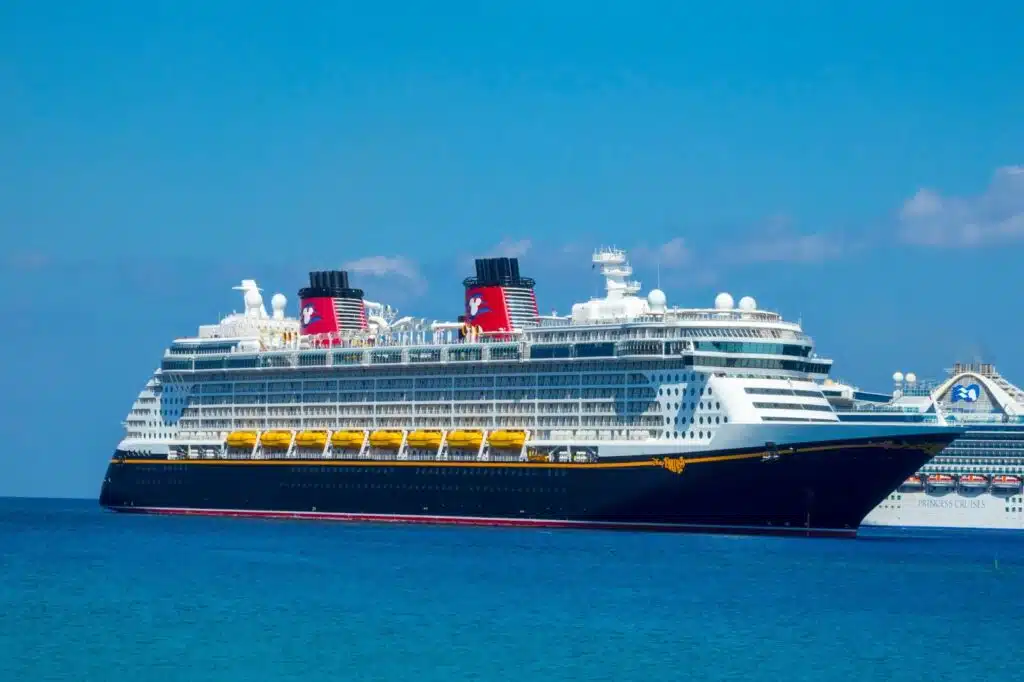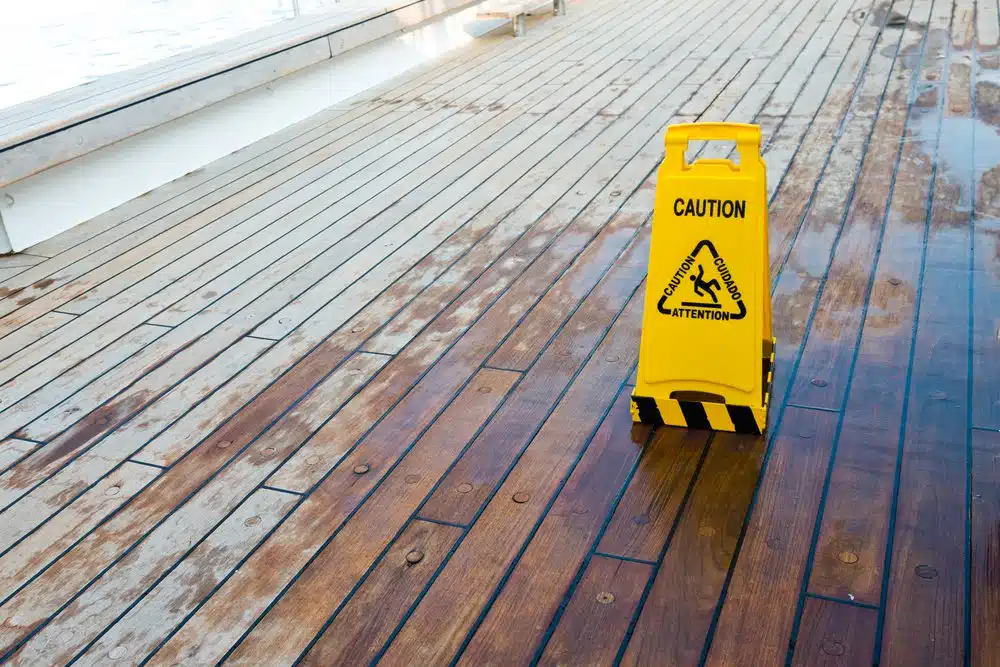Knowing International Waters and Maritime Boundaries is Key for Travelers and Maritime Workers
Since opening our doors in 1971, Lipcon, Margulies & Winkleman, P.A. has handled over 4,000 cases, underscoring our commitment to excellence in representing clients in cases involving cruise ship law and other complex maritime legal matters.
Understanding international waters and maritime boundaries is essential for travelers, maritime workers, and anyone engaging in activities at sea. These boundaries determine where national laws are enforced and play a key role in shaping the legal rights and responsibilities of those navigating or working in these regions.
What Are International Waters?
International waters, often referred to as the “high seas,” are areas of the ocean that are not under the jurisdiction of any single nation. According to the United Nations Convention on the Law of the Sea (UNCLOS), international waters begin beyond a country’s Exclusive Economic Zone (EEZ), which extends up to 200 nautical miles from its coastline.
Within this zone, a nation has special rights regarding the exploration and use of marine resources, but beyond it, the waters are considered international.
Individual countries and states also often have their own definition(s) of where territorial waters end, and the high seas begin.
In international waters, no single country has sovereignty. Instead, these areas are governed by international law, which ensures freedom of navigation, overflight, fishing, and scientific research. However, this freedom comes with responsibilities, as activities in international waters must comply with global treaties and conventions to ensure safety, environmental protection, and the equitable use of resources.
The Importance of Maritime Boundaries
Maritime boundaries are critical for defining the rights and responsibilities of nations and individuals at sea. These boundaries determine where a country’s laws apply and where international law takes precedence. For travelers and maritime workers, understanding these boundaries can help clarify which legal protections and obligations apply in different areas of the ocean.
For example, cruise ships often operate in international waters, where the laws of the country where the ship is registered (its “flag state”) typically apply. This can create complicated legal scenarios, especially when incidents occur involving passengers or crew members. Similarly, maritime workers, such as crewmembers, seafarers and fishermen, must navigate the legal implications of working in different jurisdictions, including international waters.
Treaties and Conventions Governing International Waters
The governance of international waters is primarily based on treaties and conventions, with the United Nations Convention on the Law of the Sea (UNCLOS) being the most significant. UNCLOS, often referred to as the “constitution of the oceans,” establishes a comprehensive framework for the use and protection of the world’s oceans and their resources.
Key provisions of UNCLOS include:
Territorial Waters: Extending up to 12 nautical miles from a country’s coastline, these waters are considered sovereign territory, subject to the laws of the coastal state.
Exclusive Economic Zone (EEZ): Extending up to 200 nautical miles, the EEZ grants a coastal state rights to explore and exploit marine resources, such as fishing and oil extraction.
High Seas: Beyond the EEZ, the high seas are open to all nations and governed by international law.
Continental Shelf: Coastal states have rights to the seabed and subsoil of their continental shelf, even beyond the EEZ, for resource exploration and exploitation.
Other important treaties and conventions include the International Maritime Organization (IMO) conventions, which address issues such as safety, pollution, and the rights of seafarers.
Common Legal Issues in International Waters
Operating in international waters presents unique legal challenges, as the lack of a single governing authority can create jurisdictional complexities. Some of the most common legal issues include:
- Maritime Accidents: Collisions, groundings, and other accidents in international waters can involve multiple jurisdictions, making it difficult to determine liability and seek compensation.
- Cruise Ship Incidents: Passengers and crew members on cruise ships may face legal challenges related to injuries, illnesses, or crimes that occur in international waters. The laws of the ship’s flag state often apply, but other jurisdictions may also be involved.
- Environmental Violations: Activities such as illegal dumping or overfishing in international waters can lead to disputes over enforcement and penalties.
- Piracy and Security: Acts of piracy and other security threats in international waters require coordinated international efforts to address and prevent.
- Labor Rights: Maritime workers often face challenges related to wages, working conditions, and contracts, especially when working for companies registered in different countries.
Trusted Leaders in Maritime Law: How Lipcon, Margulies & Winkleman, P.A. Can Advocate for You
Our attorneys have extensive experience handling cases related to international waters and maritime boundaries. Our team of leading maritime lawyers understands the nuances of maritime law and is dedicated to advocating for the rights of our clients.
Whether you’ve been injured on a cruise ship, involved in a maritime accident, or faced legal challenges as a maritime worker, we can provide the legal assistance you need. Our firm has a proven track record of success, with thousands of cases successfully handled and more than $500 Million recovered for our clients. We are committed to helping you achieve the best possible outcome for your case.
Frequently Asked Questions About International Waters
Who has jurisdiction in international waters?
What happens if a crime occurs in international waters?
Can I sue a cruise line for an incident in international waters?
What are my rights as a maritime worker in international waters?
Take the First Step Toward Justice on the High Seas
At Lipcon, Margulies & Winkleman, P.A., we have decades of experience helping clients achieve justice in cases involving international waters. Schedule a consultation to take the first step toward securing the compensation you’re entitled to. Contact us through our secure online form or call us at 877-233-1238 for your no-obligation case evaluation.
Published on April 22, 2025
Categories: Uncategorized
Get Free
Consultation















